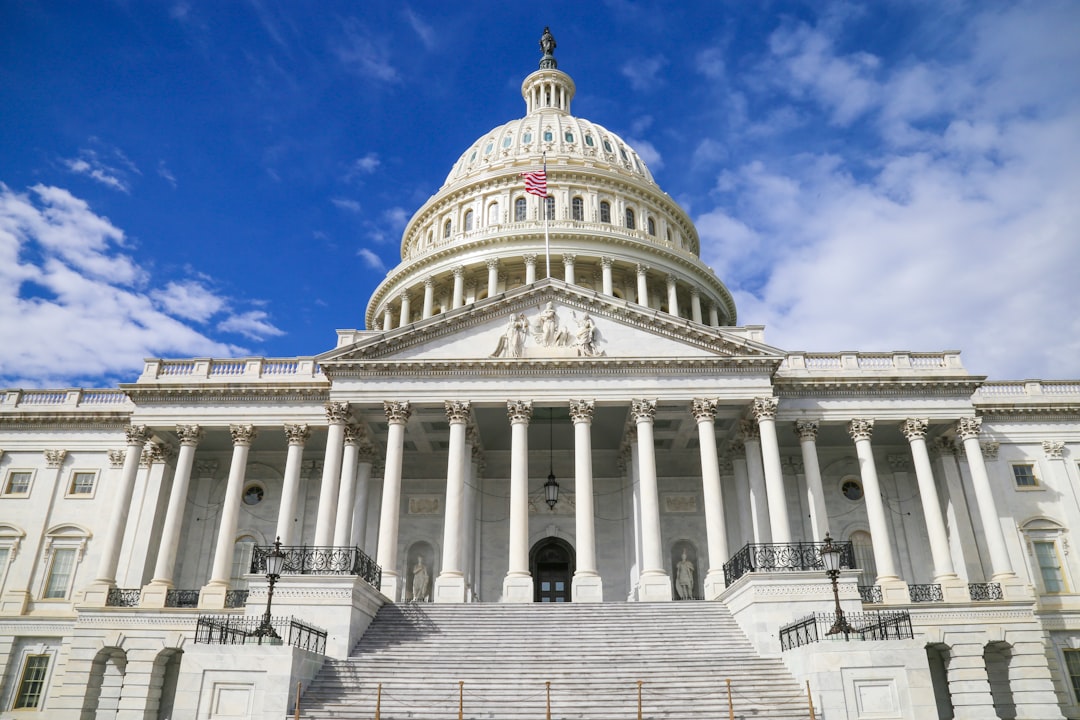Why everyone should calm down over McCarthy's ouster
To vote to oust Kevin McCarthy was more about his failure at the game of politics as opposed to declining institutions.
Summary: Other pundits are describing the ouster of Kevin McCarthy as evidence of institutional decline. The vote, however, was consistent with the duty of the U.S. House to represent the people and act on majoritarian principles of democracy.
When does an upheaval within a major institution represent not a decline but a disruption demonstrating things are, in fact, working as they should? We may have seen that this week with the ouster of Kevin McCarthy as speaker of the House of Representatives.
For those expecting our government to function without hiccups, the House rejection of McCarthy would be comparable to a bodily function of that order, or maybe even a dry heave. I saw a statement after the vote from the Bipartisan Policy Center, a think-tank that seeks to promote cross-party solutions as its name suggests, calling McCarthy's removal "a sad and unfortunate reflection on our politics and our institutions."
It’s easy to see why the chattering class would say the act of removing the speaker’s gavel from McCarthy was catastrophic. After all, no speaker in the entirety of U.S. history has ever been ousted before, although some have survived votes and at least one, John Boehner, resigned before a successful vote could occur.
Moreover, the instigating force behind McCarthy's ouster was ostensibly his decision to be practical. The cardinal sin, at least for hard-line Republicans like Matt Gaetz, was working across the aisle to find votes to avoid a government shutdown when his own party wouldn't grant them.
Keep in mind Republicans control one chamber of Congress compared to Democrats controlling the other chamber and the White House, so the end result at the end of the day would almost certainly be compromise if not defeat for Republicans. Frankly, I'm surprised McCarthy was able to get a continuing resolution passed to fund the government that included no Ukraine funding despite demands from President Biden and Democrats.
But how about looking at the vote as a demonstration things are working exactly as they should? Democracy is the highest order of government in existence, but it's a messy process. That goes doubly so for the House of Representatives, which is supposed to be the body of the federal government that most purely represents the people and their fever-pitched impulsions in all their glory.

It may have been Gaetz and his fellow hardliners initiating the vote, but McCarthy was eliminated on a bipartisan basis. When he was up for removal, everyone was reminded of their grievances against him, including Democrats who were united in ousting him. The vote to vacate from Nancy Mace, who's widely considered a moderate, gave the ouster an added blemish of color in the political spectrum of lawmakers voting against him.
McCarthy had made enemies right, left and center. Did we really want to have a speaker who doesn't have majority support of the chamber? That seems less than democratic.
Also, I don't really see the removal of McCarthy as particularly damaging in and of itself to the function of government. I certainly struck a different tune when it took 15 ballots for McCarthy to be elected speaker, but we're in a different place now. Republicans have two candidates who have explicitly thrown their hats into the ring, Jim Jordan and Steve Scales, and another dark horse candidate, Kevin Hern of Oklahoma, has declared he’ll enter the fray. It might take a few ballots, but it seems likely any of them would be able to claim the near unanimous support within the Republican caucus needed to claim election as speaker.
It's funny how when McCarthy was up for being speaker and he had opposition within his caucus, we were told he was the only option because no one else wanted the job. Now these same lawmakers who professed no interest before are running for the speakership. When duty calls, someone will step up for the job.
At the end of the day, the unprecedented vote to vacate the speakership was more about McCarthy himself. The always astute Gabe Fleisher at Wake Up to Politics summed it up nicely in his newsletter the day after the vote: McCarthy failed to see the deal he cut with Democrats as a two-part agreement. He wanted their votes to pass the continuing resolution, but didn't include their opposition to a motion to vacate against him as part of that. Instead, McCarthy berated Democrats ahead of the vote, blaming them for his speakership being in peril even though vote was coming from hard-liners within his own party. McCarthy's ouster was the result of him losing in the game of politics, not institutional failure.
That's why when I hear comments from self-proclaimed institutionalists like Mitch McConnell about the need for the House to eliminate the motion to vacate I get a little skittish. Now that would represent an upheaval in the House, which has always been an institution built to represent constant change in the American populace. It would be an institutional failure if the motion to vacate were removed, not the other way around.
For the time being, I wouldn't fret about the implications of removal of McCarthy as speaker. Things might change as we get closer to the expiration of the 45-day continuing resolution expires, but when that time comes the onus will fall on the principals leading Congress, including the new speaker. McCarthy's fate doesn't necessarily mean coming to a decision on government funding will be a futile endeavor. The judgment on whether or not that will happen will rest solely on those leaders, who can hopefully play the game of politics better than McCarthy.

